It’s been a long road to the legalization of cannabis for recreational purposes in Canada, but there’s still a lot of work to be done, especially when it comes to edibles. As the country moves towards releasing the regulations surrounding weed-infused food, it’s certain that the world will be watching.
To discuss this emerging market, Xtalks sat down with Lisa Campbell, CEO of Lifford Cannabis Solutions, which is an organization that helps licensed cannabis companies successfully bring their products to retail markets. She also has experience working with international drug policy and is currently chair of the Ontario Cannabis Consumer & Retail Alliance.
“We have a sales force, we do a lot of product education and events so we’re just really there to represent the products in the retail environment and educate the budtenders as well,” said Campbell.
The company is a subsidiary of Lifford Wine and Spirits, an agency that distributes alcoholic beverages across Canada. Similarly, Lifford Cannabis Solutions helps merge cannabis into the hospitality industry by assisting business brands through the regulatory system that surround the legalization of the drug. She says cannabis provides a great opportunity for the food industry by adding value to menus and providing an alternative revenue stream for restaurants.
When asked about cutting-edge trends within the cannabis industry, Campbell says there is huge potential for edibles within the food businesses once the products are legal in Canada.
“I think it is going to be a crazy food trend, so many chefs are already experimenting with edibles and having infused dinners, and are talking about the potential of infused restaurants, and infused bars, so I think we are going to see a lot of consumers shifting away from alcohol and shifting towards cannabis,” she continued.
Although edibles are not expected to be legalized in Canada until later this fall, the food and beverage industry is already preparing for an onslaught of cannabis curious consumers. Currently, Lifford Cannabis Solutions represents premium cannabis brands like Haven St, and Wednesday the company announced it is adding alcohol-alternative drink producer Hill Street Beverages to its portfolio, as the business looks to create a line of cannabis-infused drinks.
Lifford Cannabis Solutions will oversee maximizing the company’s portfolio and ensuring Hill Street’s products will be sold at both government-run and privatized dispensaries throughout Canada.
The politics of cannabis-infused food and beverages is still under discussion by government officials, generating anticipation from those in the food industry about what these rules will indicate when it comes to licensing food establishments in the future.
For example, in Ontario retail licensing was limited to a lottery-style selection process where only 25 establishments got the go-ahead to sell legal weed from the provincial government.
“Canada is the first G20 country to legalize cannabis federally. Obviously, there’s all kinds of states in the US that are experimenting with legalization, Colorado, California, but Canada is doing it at a federal level so that really means that there is no gray market in the supply chain, said Campbell. “We’re finding legal ways to do everything. So, if we are going to have legal storefronts, legal edibles, all these different things, we also need to find ways to license restaurants to have cannabis bars, cannabis lounges, infused dinners, even special events like weddings.”
Chefs and food innovators will also have to wait to receive the mandate on how much Tetrahydrocannabinol (THC) and Cannabidiol (CBD) can be legally infused in products.
THC is the main psychoactive compound in marijuana that gives the high sensation, whereas CBD is a non-intoxicating compound.
“In terms of how the edibles are prepared, there are so many levels of government that would be involved in that. Obviously, you have the proposed federal regulations, saying 10 milligrams of THC per serving. But there aren’t restrictions on other cannabinoids, and there are over 100. So, for CBD there are no current restrictions, but what we would really like to see is for those restaurants to be licensed,” she continued.
It is also unclear how licensed restaurants would be able to prepare and distribute weed-infused products, something that Campbell says many municipalities are in the process of discussing.
“The question is would they be able to prepare the edibles in the kitchen? Or would they need to purchase them from a pre-packaged form, from a licensed cannabis producer that is federally regulated? So, it could be that you go to a restaurant, and you are able to order a cannabis beverage, or order a brownie that’s pre-packaged, take it back to the kitchen dress it up and present it beautifully. So, I think there are a lot of options and municipalities are already thinking of what that could look like,” says Campbell.
Cannabis is also a highly politicized topic on the world stage. The UN currently classifies cannabis as a Schedule I drug, meaning it’s a substance that is prone to addiction with zero medical use. However, recently, the World Health Organization (WHO) proposed recommendations to the UN’s drug status.
The proposal suggests that cannabis should be reclassified under international law as a drug that has a low potential for abuse. The WHO is also proposing that CBD not be restricted at all, as it has been shown in studies to have medical benefits for a variety of illnesses and ailments.
Campbell says if these changes are passed trade will be a booming source of profit for the cannabis-infused food industry.
“Having CBD based edibles, if de-scheduled internationally, is a huge opportunity for trade,” said Campbell. “So, I think right now we are at the precipice of this huge revolution, where we will be able to create cannabis edibles, CBD edibles and if the UN does choose to reschedule it next year, that means those edibles could be imported and exported around the world.”
Campbell says growing up in a family who owned and operated a restaurant, has given her an insight into how smaller food businesses are a big part of restaurant culture and greatly contribute to the local economy and community.
“That’s why I am so passionate about cannabis in food service because it means small mom and pop businesses and entrepreneurs can get involved. It’s not just these big mega corporations with pharmaceutical facilities that can participate, we want all chefs to be able to participate and experiment,” concluded Campbell. “It’s something that we can integrate into the hospitality industry. So, I’m just really excited for the future.”
With Canada making history as the first G20 nation to legalize recreational marijuana on a federal scale, the cannabis-infused food and beverage industry looks promising. According to Deloitte’s 2018 cannabis report, six out of 10 Canadian consumers would rather consume cannabis through edibles as opposed to smoking.

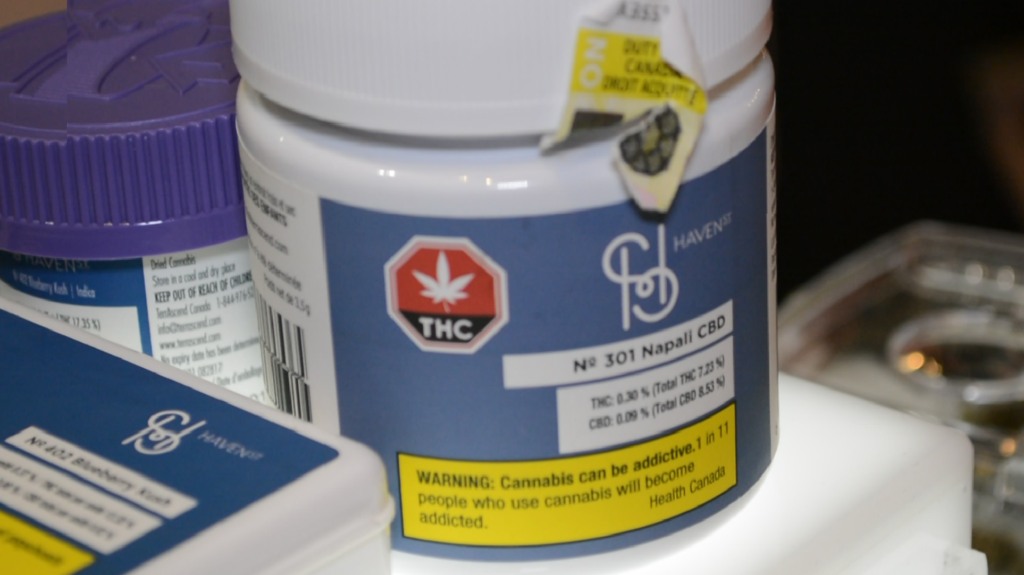
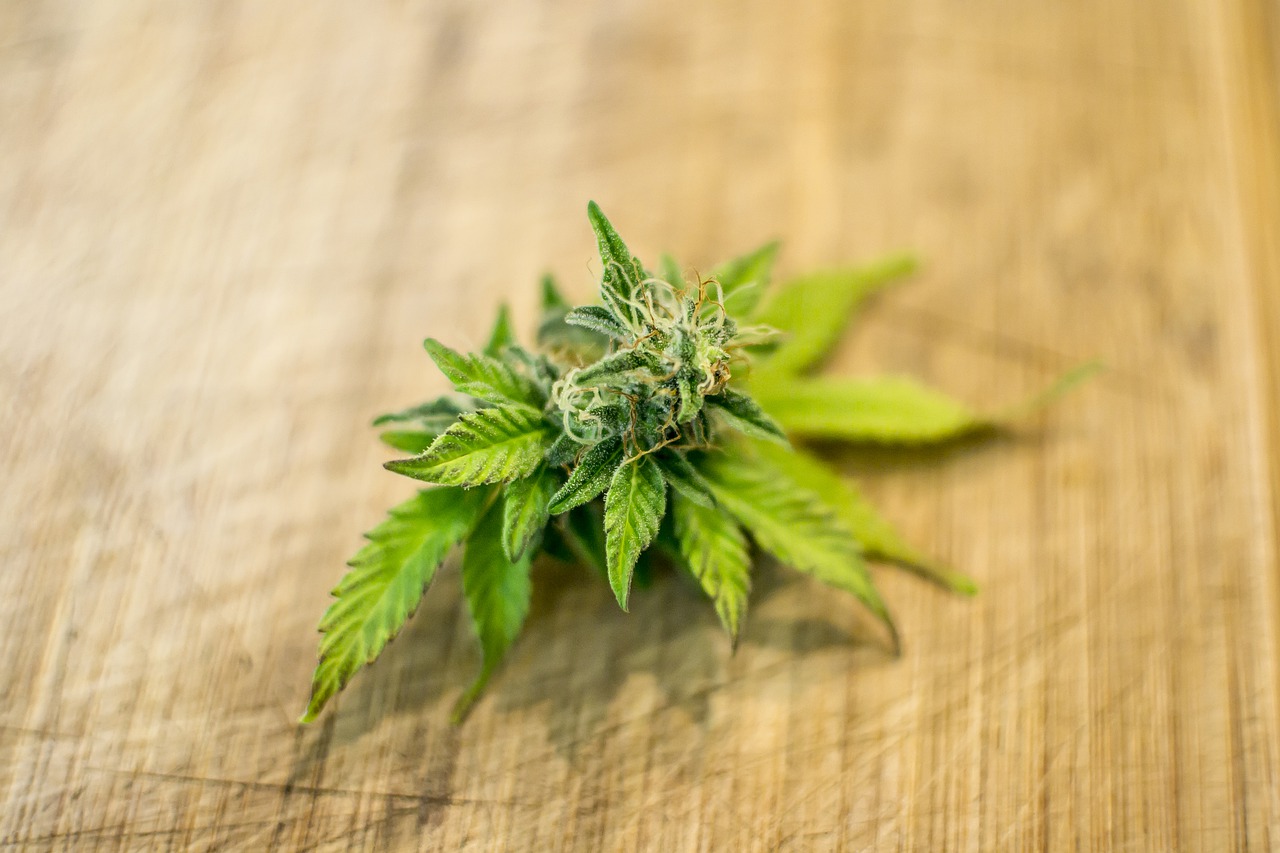
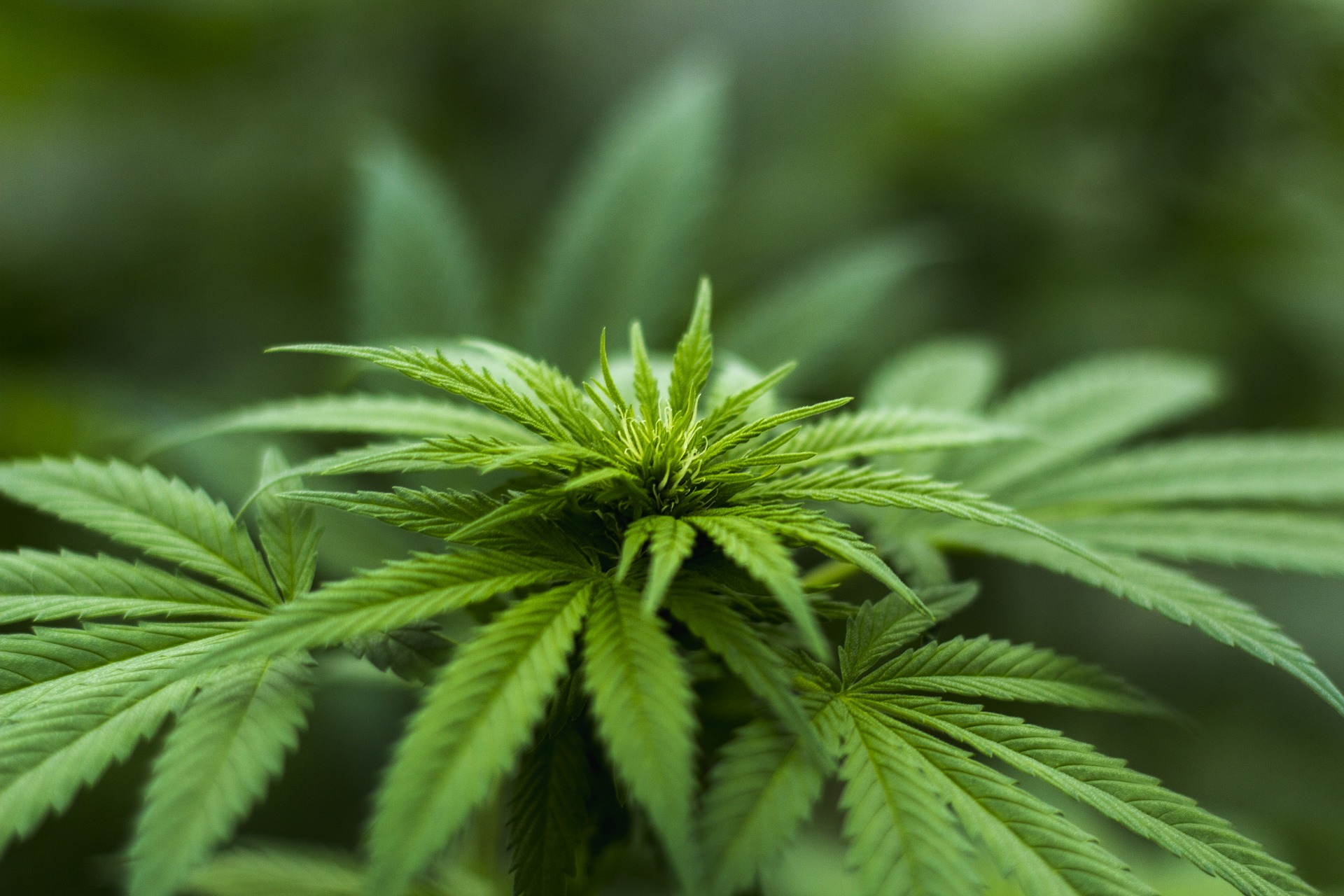

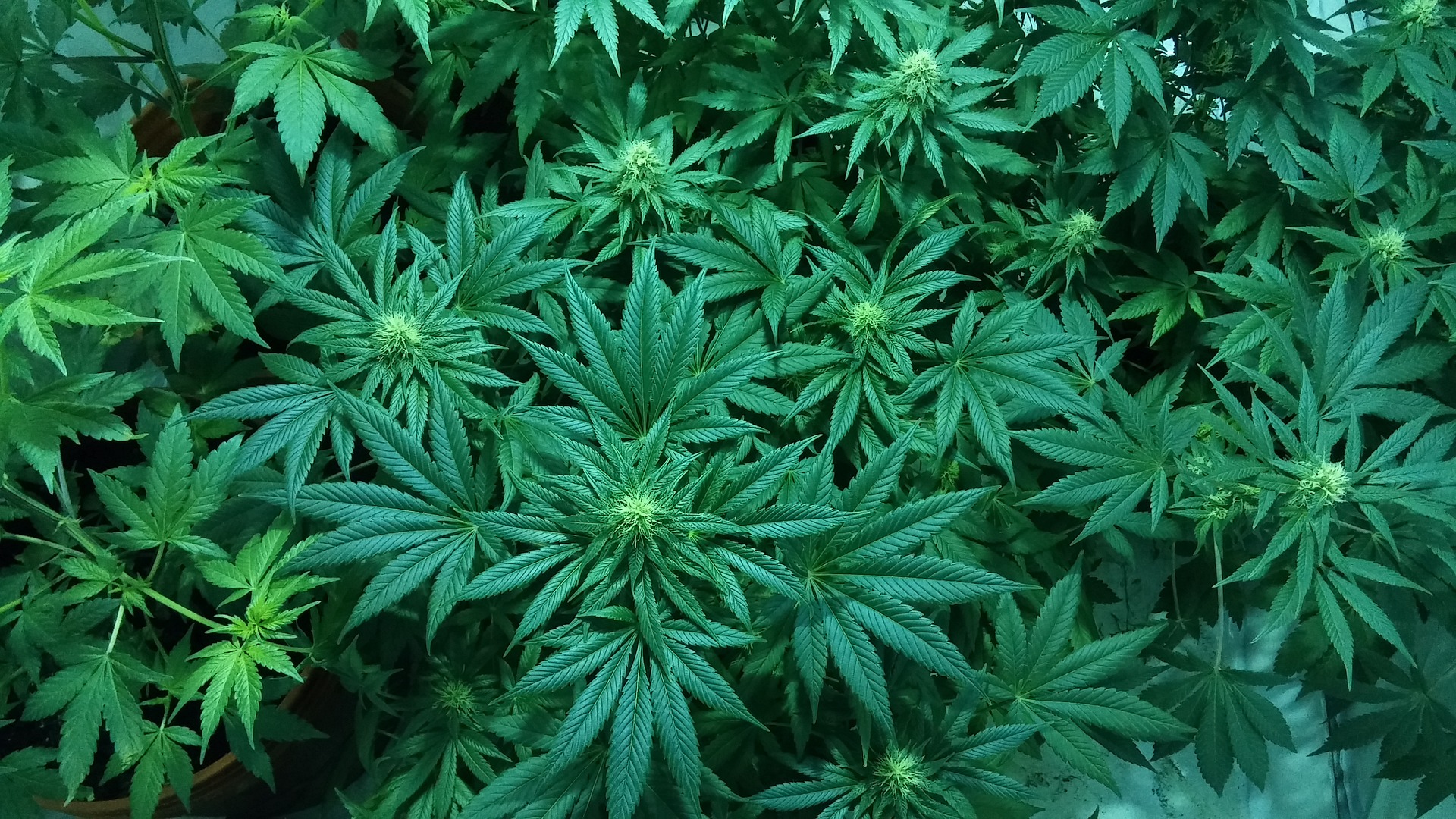
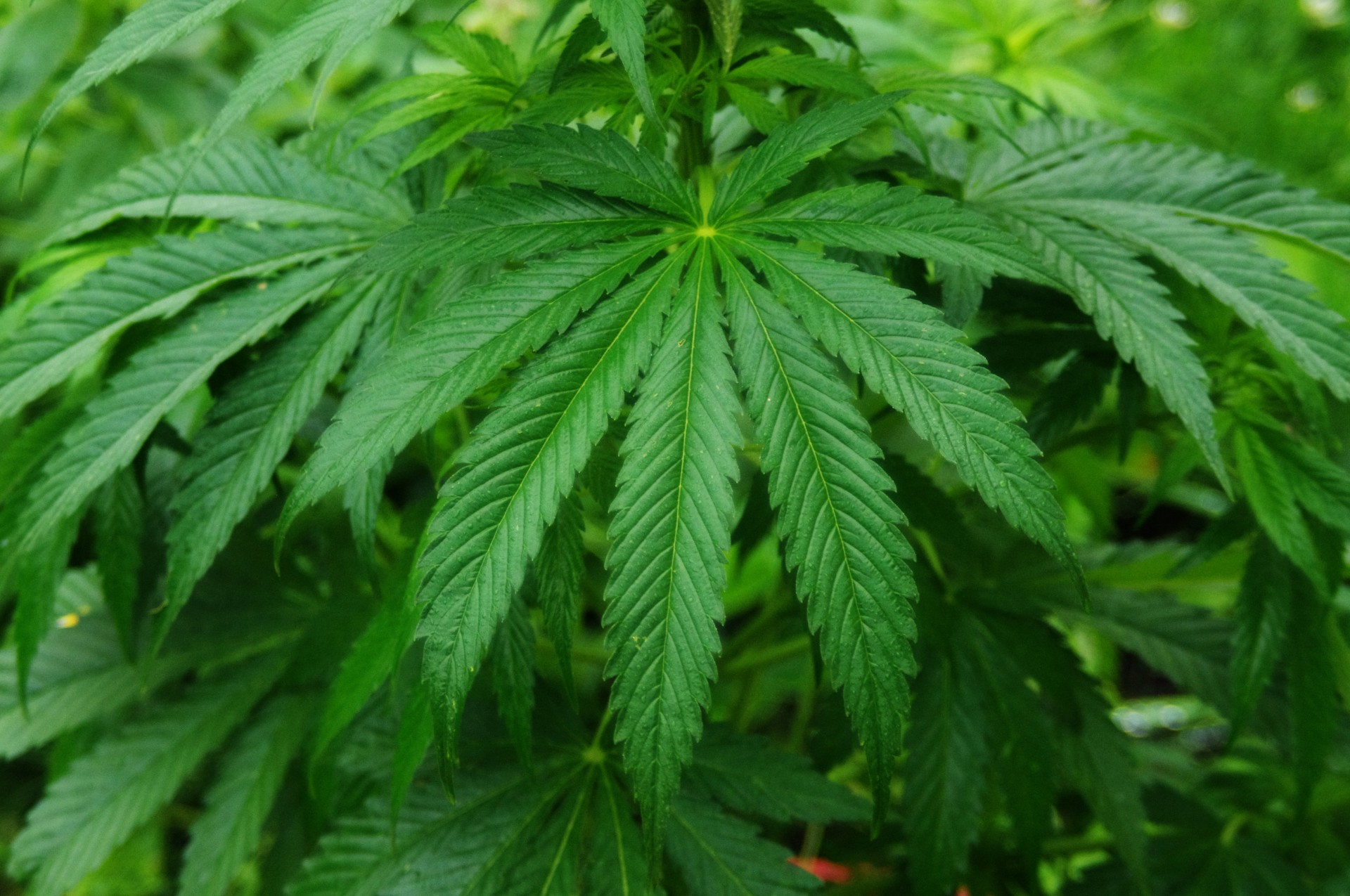



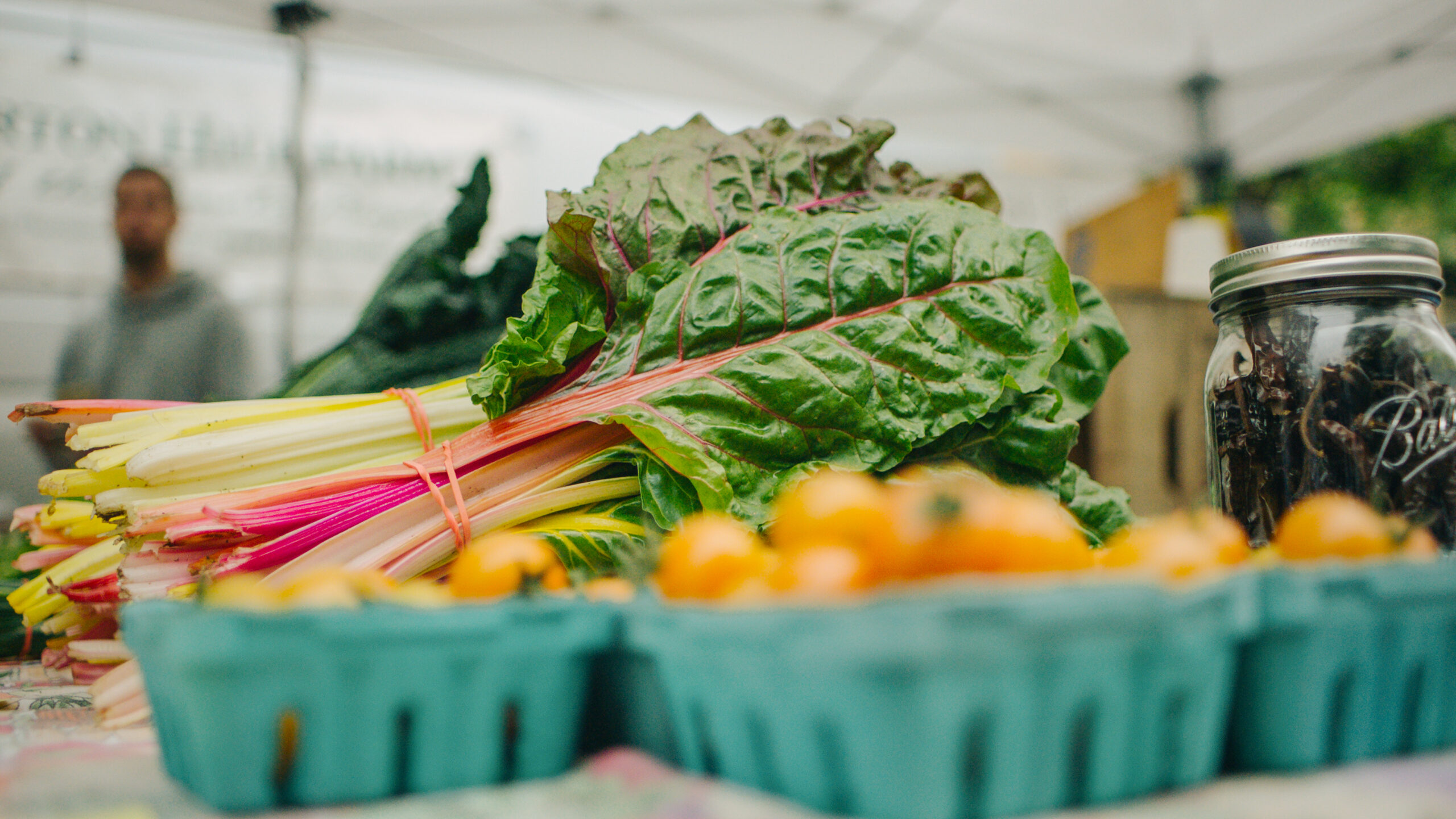

Join or login to leave a comment
JOIN LOGIN